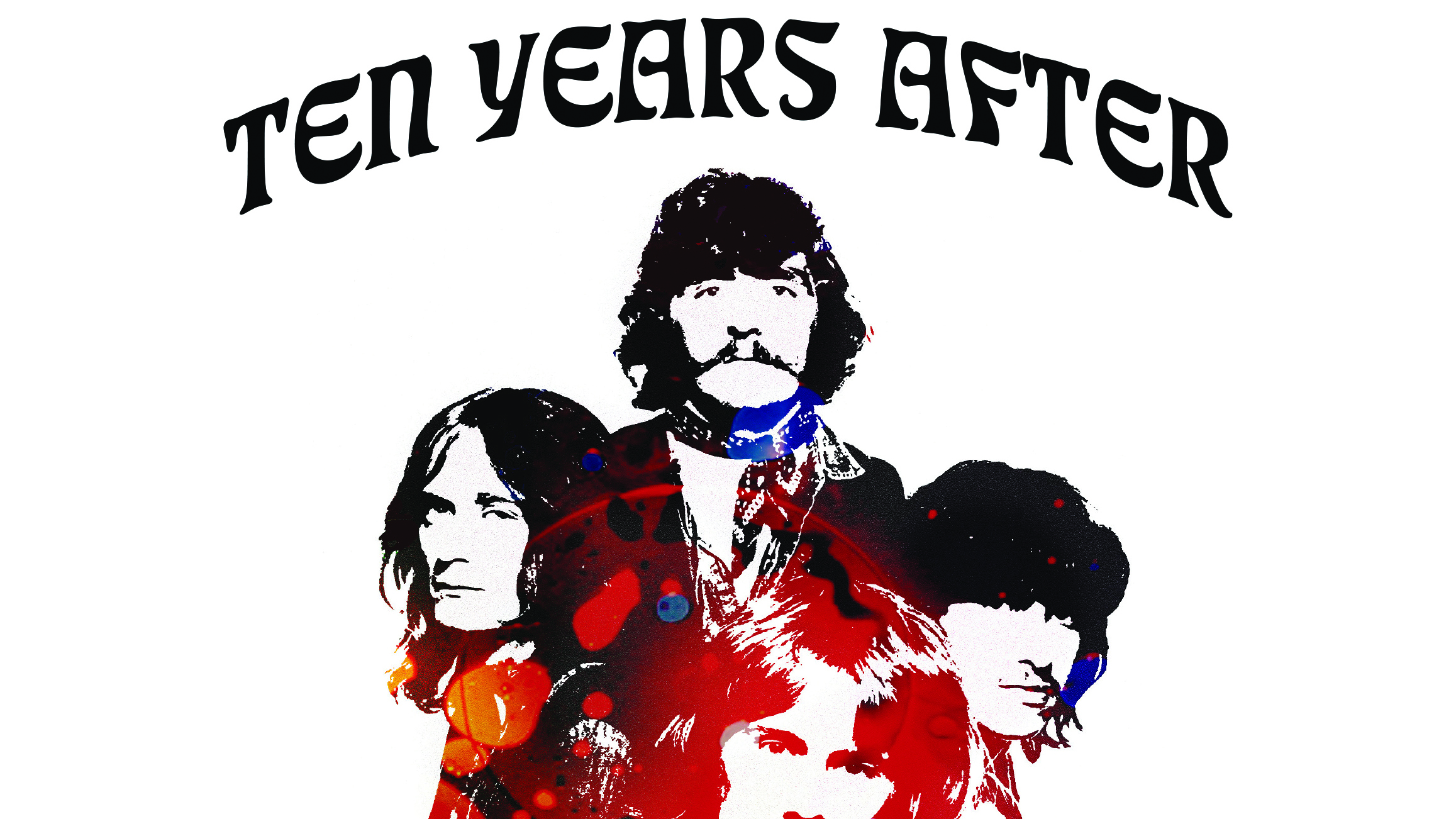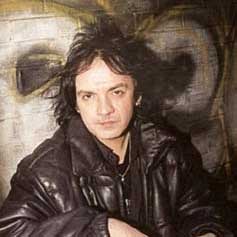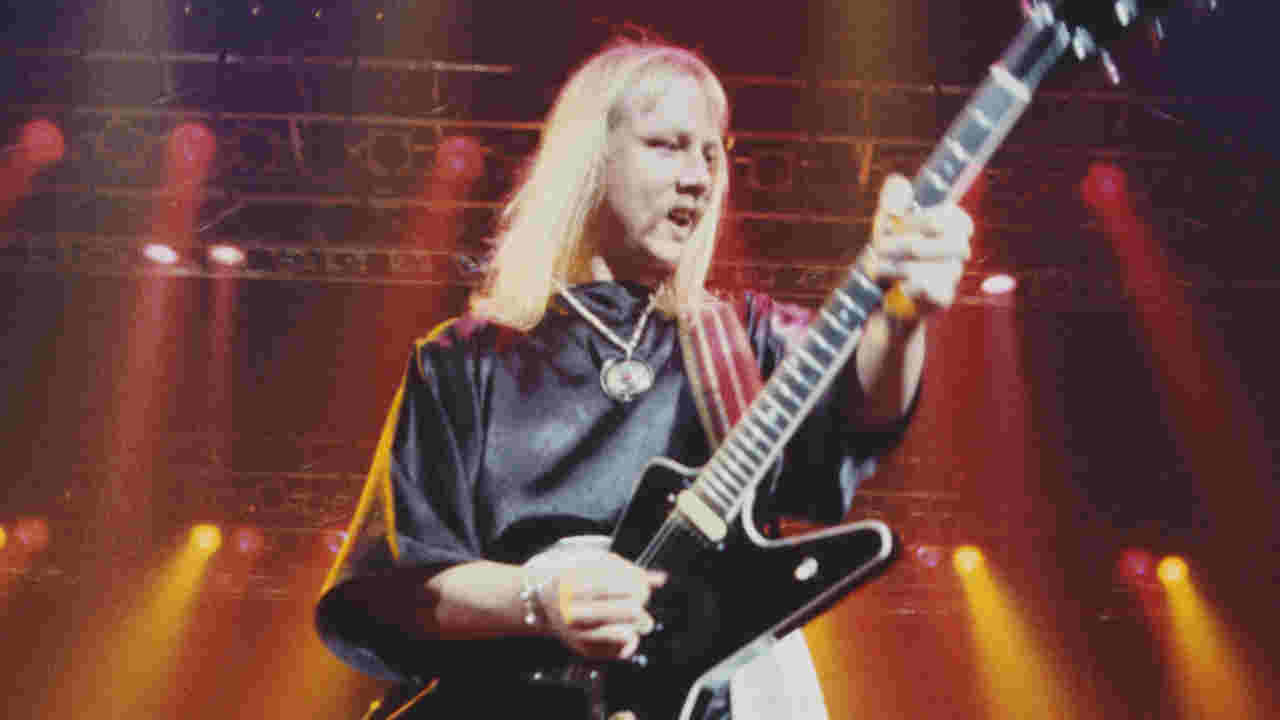You can trust Louder
Ten Years After steaming through I’m Going Home at Woodstock ranks among rock’s landmark ‘right place, right time’ overnight success stories, catapulting the London blues band to instant mega-stardom on the US stadium circuit. Although it brought riches, Alvin Lee felt he’d become a one-trick rock god and left in 1974, leaving organist Chick Churchill, bassist Leo Lyons and drummer Ric Lee to continue without him.
To mark half a century since Ten Years After found themselves leading another British blues explosion, their nine albums are gathered in a lovely box, along with an unreleased 1972 session and epic notes from Chris Welch.
Produced by blues dynamo Mike Vernon, Ten Years After (6⁄10) sports feet-finding Lee originals and moody blues workouts around Sonny Boy Williamson’s Help Me and Willie Dixon’s Spoonful. Their schedule dictated recording 1968’s breakthrough Undead (8⁄10) live at Klooks Kleek. There are sizzling jazz workouts (Woody Herman’s Woodchoppers Ball), with I’m Going Home earning Alvin his ‘fastest guitar in the West’ soubriquet.
1969’s Stonedhenge (7⁄10) expanded into progressive rock, deploying incendiary Canned Heat-style dynamics on future Slade set staple Hear Me Calling, although its overall impact is diluted by individual solo indulgences. Ssssh (8⁄10) could be considered their definitive album, providing slamming blues-rock templates like their lascivious reading of Sonny Boy Williamson’s Good Morning Little Schoolgirl.
Recorded at Olympic, 1970’s Cricklewood Green (7⁄10) further buffed up the sound, but Lee’s refusal to appear on Top Of The Pops stalled their only hit single Love Like A Man at No.10. Cracks were showing by Watt (4⁄10), knocked up from studio jams but, influenced by their country mansions, acoustic flavours elevated 1971’s A Space In Time (8⁄10).
1972’s Rock ’N’ Roll Music To The World (7⁄10) mated their blues-rock formula with druggy, gospel-charged funk. Five out-takes recorded by Chris Kimsey on the Stones mobile studio in a French villa have been remixed by the engineer to provide The Cap Ferrat Sessions (6⁄10).
By the time TYA recorded 1974’s lacklustre Positive Vibrations (4⁄10), intra-band relationships were frayed and Lee longed to pursue his solo path.
Sign up below to get the latest from Classic Rock, plus exclusive special offers, direct to your inbox!
Sadly, Lee passed away during a routine medical procedure in 2013. This lustrous set shows a volcanic talent who deserved but didn’t crave his place alongside Clapton, Beck and Page, along with a band that swung with rare telepathy. Hopefully history will now be kinder to them.
Kris Needs is a British journalist and author, known for writings on music from the 1970s onwards. Previously secretary of the Mott The Hoople fan club, he became editor of ZigZag in 1977 and has written biographies of stars including Primal Scream, Joe Strummer and Keith Richards. He's also written for MOJO, Record Collector, Classic Rock, Prog, Electronic Sound, Vive Le Rock and Shindig!


